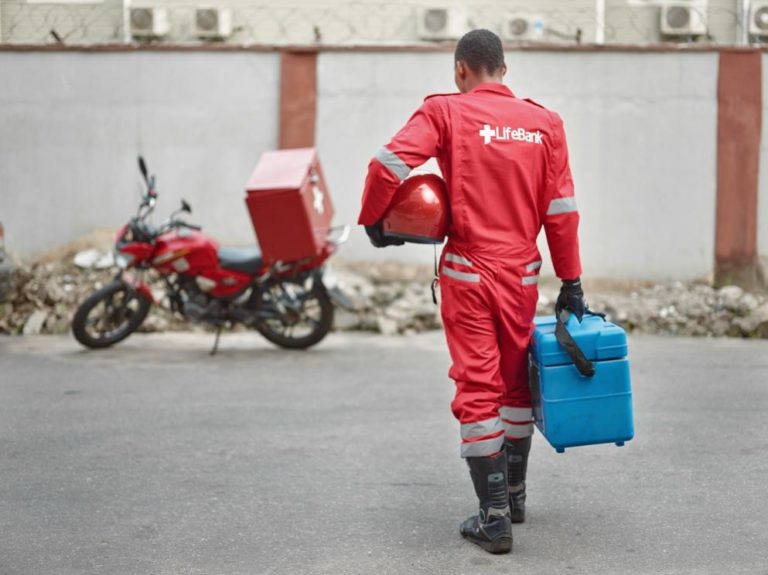
The Nigerian tech start-up LifeBank saves lives by rapidly delivering medical supplies to those who need them most. Founder Temie Giwa-Tubosun explains how she built it
As told to Edwin Smith
I decided to set up LifeBank after finding out about postpartum haemorrhage – when women suffer from bleeding after birth. The difference in survival rates between women in the West and women in developing nations is huge.
I remember seeing a report which found that in one year no women at all died from the condition in Sweden, but thousands died in Nigeria.
The reason women are dying from this in developing countries is not genetics, it’s not diet. It’s the healthcare system and access to critical supplies. Women can die in less than two hours if they don’t get the supplies they need. When we started out, we thought of LifeBank as a tech company – matching the supply of blood from blood banks with the demand from hospitals that needed it.
Soon we realised this wasn’t enough – we had to actually get the blood to where it was needed. We became a tech-enabled distribution company.
We have delivered 18,200 units of blood to more than 400 hospitals and saved more than 5,900 lives. About a year ago we also started delivering oxygen, which is used to treat pneumonia.
The infection kills about 400,000 children under five in sub-Saharan Africa each year. We have received VC funding and charge hospitals an average of $8 per unit of blood delivered, but in order to expand outside of Lagos and Abuja to rural areas, we need to attract patient capital. It’s critical to our mission.
Read more from the Spear’s Africa edition
Why diamond mining in Africa is a double-edged sword
Why the future of the global economy is African
‘Over the next 50 years this is where you should be putting your money’
This is the start of a crucial decade for Africa







